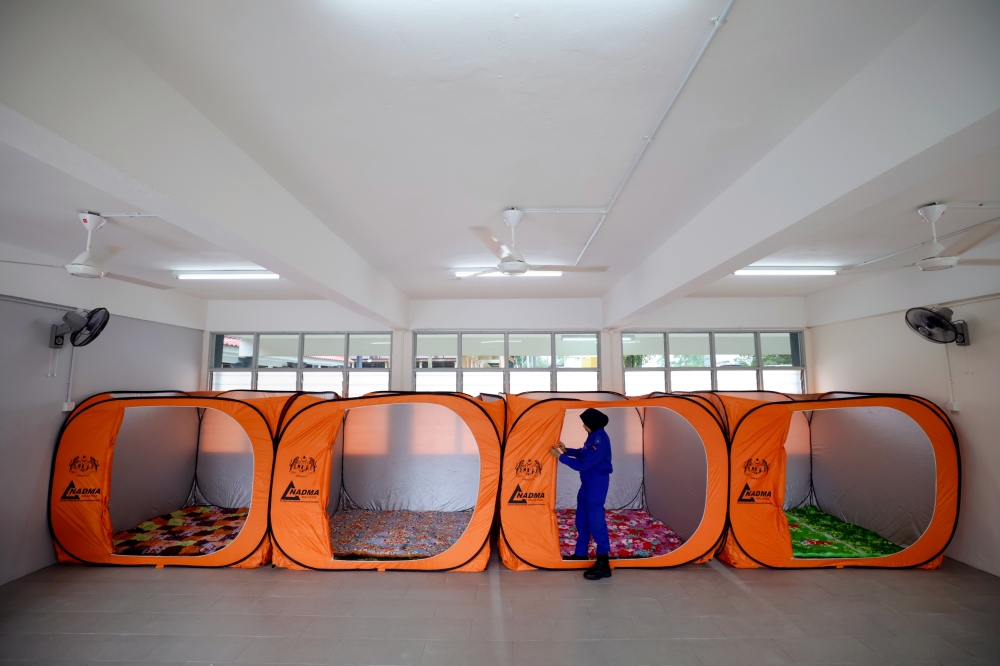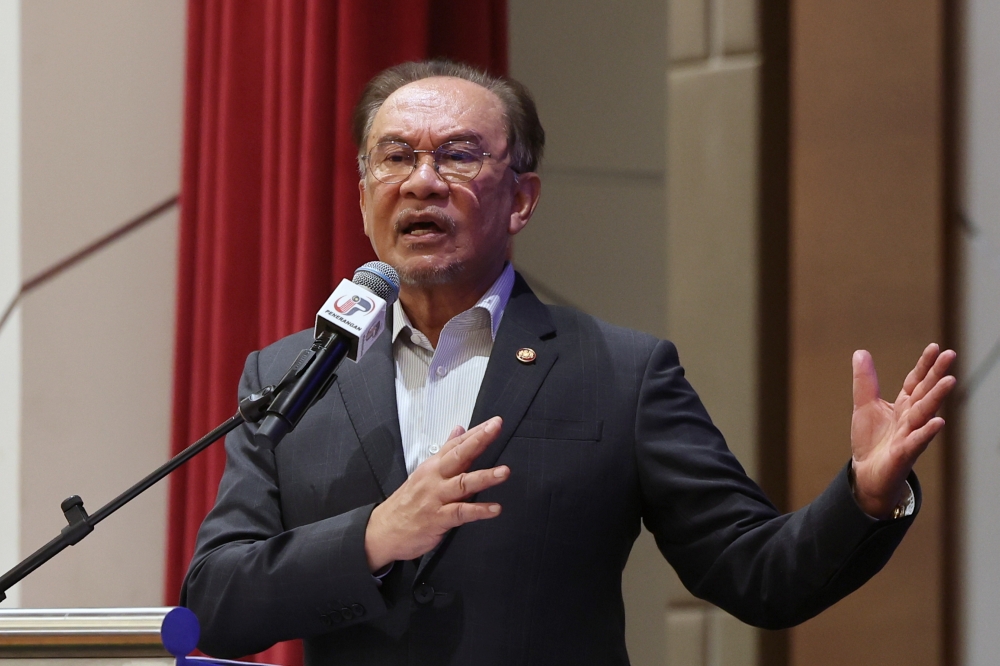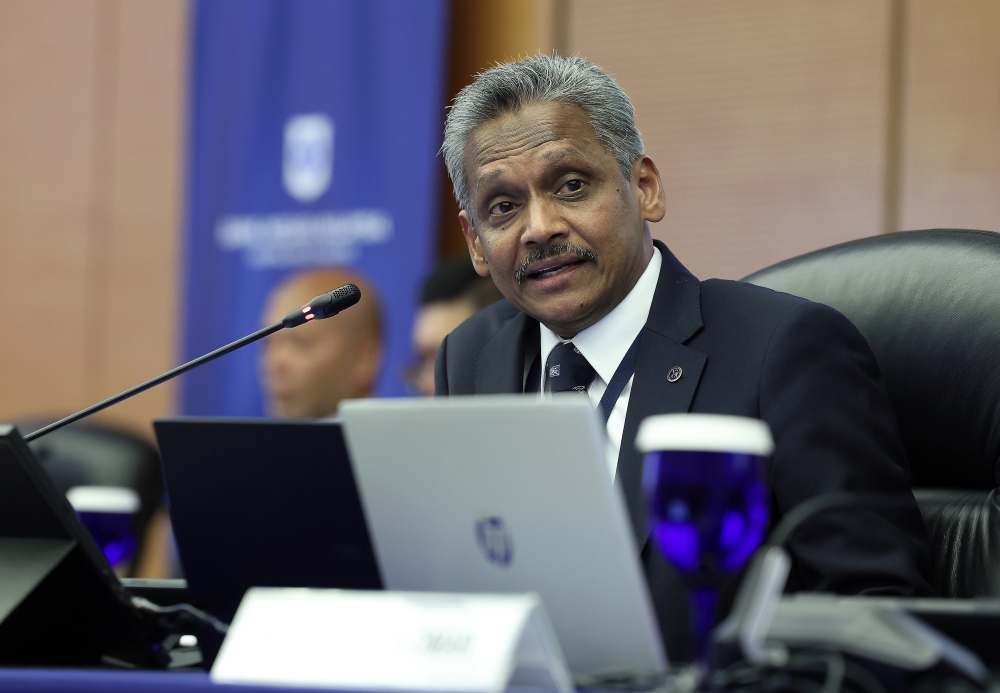KUALA LUMPUR, March 12 — Lawyers will now be able to save on costs and time with the new option of video-conferencing for court cases in Kuala Lumpur, Penang and Shah Alam.
Chief Justice Tan Sri Richard Malanjum said this video-conferencing option, which has been used in Sabah and Sarawak for years, have been proven to also reduce the judiciary’s costs in handling court cases.
Unlike the usual way of having lawyers or judges from different towns fly or travel to the same court, Malanjum said that the video-conferencing allowed for virtual hearings of cases without requiring them to be physically present in the same court.
“It will save a lot of costs. In East Malaysia, between Kuching and Miri every year, we are looking at RM6 million, RM7 million savings for the court,” he said in a speech, referring to the savings for the courts in the entire state of Sarawak.
Malanjum cited the example of costs saved, such as for travel and accommodation of a judge and two court officers when a case is to be heard.
“So hopefully this can be a feature in other courts in time to come,” he said.
When met later after the launch, Malanjum said that the video-conferencing could even be used for the hearing of a full trial.
“Yes, we have done it in Sarawak. (For example), the judge in Kuching, the accused in Kuching and the witness in Bintulu,” he told reporters.
The first phase of the video-conferencing service in Peninsular Malaysia is for the Kuala Lumpur courts complex, Shah Alam and Penang courts, with the service to be free for three months from March to May.
Payment will be imposed for the video-conferencing service from June onwards, with the rate yet to be determined.
Under the video-conferencing service, videos of court proceedings will be recorded and can be archived in the respective court.
Minister in the Prime Minister’s Department Datuk Liew Vui Keong today launched the video-conferencing service and also an online method for case management called e-review.
Having launched the same two services 10 years ago in Sabah and Sarawak, Liew explained that the e-review module is an online system where the management of cases can be done without lawyers having to be physically present in court.
“It’s in line with the objective to reduce the attendance of lawyers in court and it can save time and costs,” the minister in charge of legal affairs said in his speech.
“I believe through the implementation of the e-review module and video-conferencing, it will certainly enable the management and hearing of cases to be easier, faster and more efficient,” he said.
The e-review module is currently available for civil and commercial cases in Kuala Lumpur and Shah Alam and is expected to be expanded to other courts in Peninsular Malaysia, with no fees imposed for this service.
Instead of coming to the court, lawyers can exchange written messages online for the management of cases via e-review.
Both Liew and Malanjum highlighted that the use of these two online services would be convenient for lawyers, as they do not have to brave traffic jams and find parking in the limited parking spaces provided.
The event today was also attended by other judges such as President of the Court of Appeal Tan Sri Ahmad Maarop, Chief Judge of Malaya Tan Sri Zaharah Ibrahim, Chief Judge of Sabah and Sarawak Datuk Seri David Wong Dak Wah, and Malaysian Bar president George Varughese.
The audience was also shown a demonstration of the auto-balloting system which is already in place, where the selection of judges to hear cases at the Federal Court is done automatically by a system.
The judiciary today also gave out the first-ever Kad Hakim to three retired judges, with the card denoting the status of former judges to facilitate their visits to hospitals, among other things.
Kad Hakim provides the benefits of assistance in arranging for hospital appointments or for government matters with government agencies, with the services to be also given to the retired judges’ spouses and children (below the age of 18 and with no age restriction for disabled children).



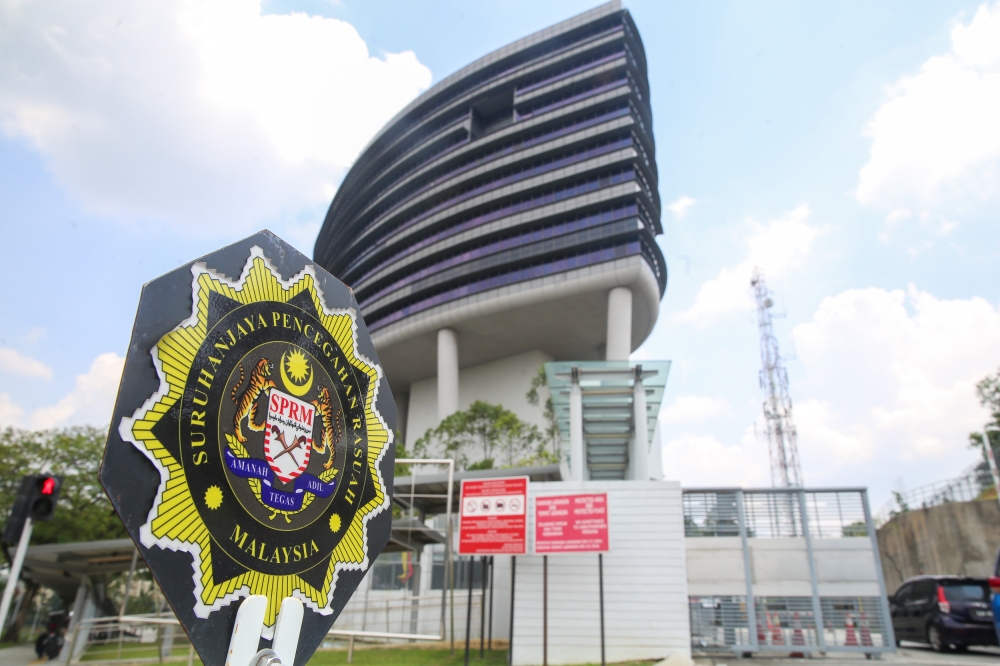

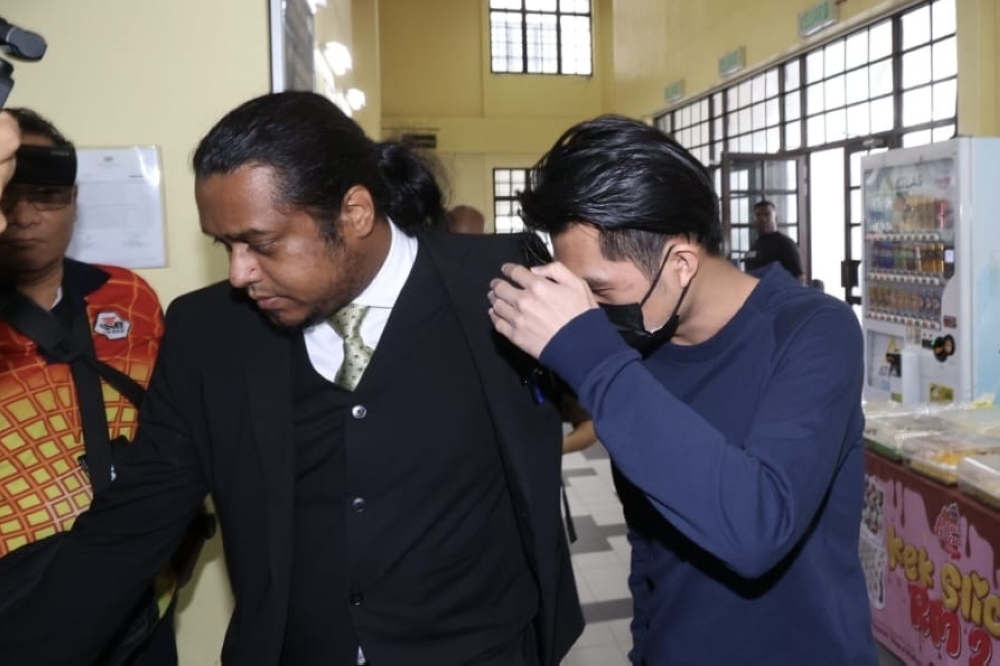
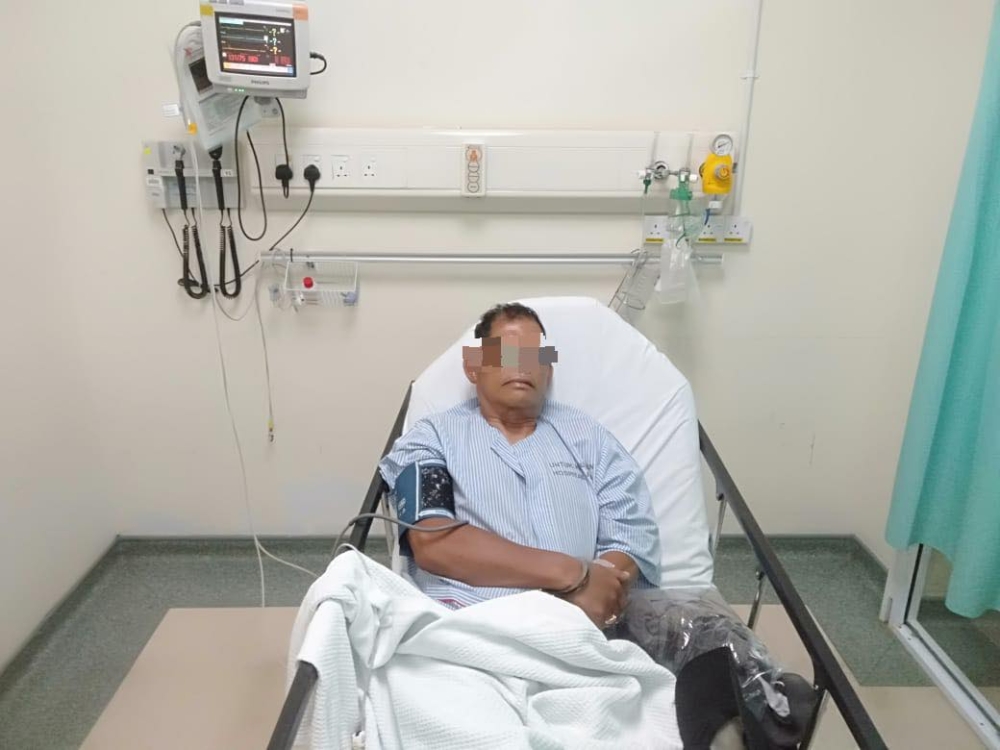

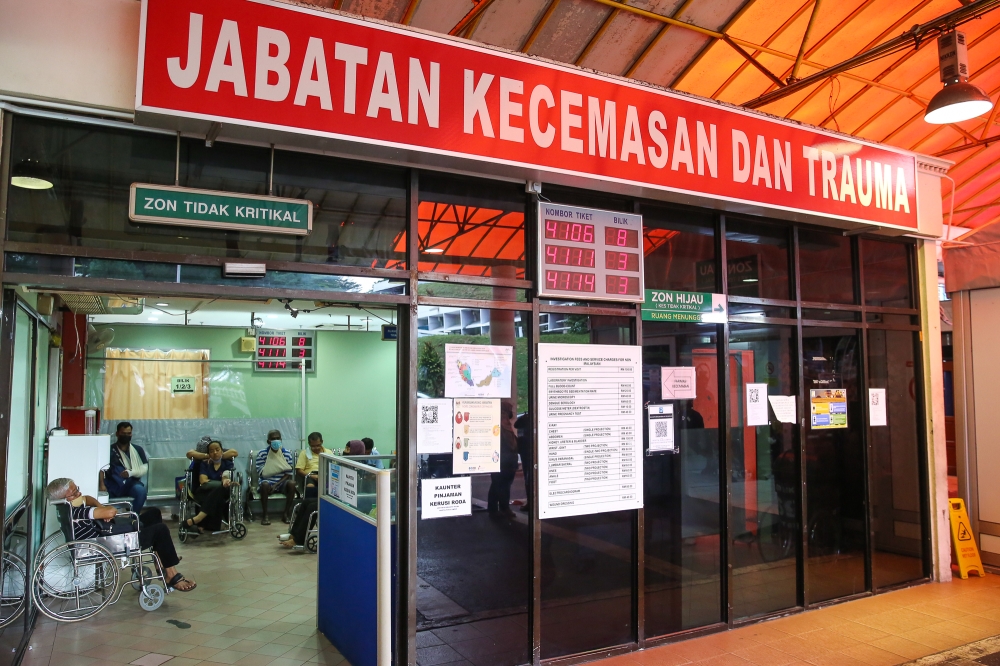




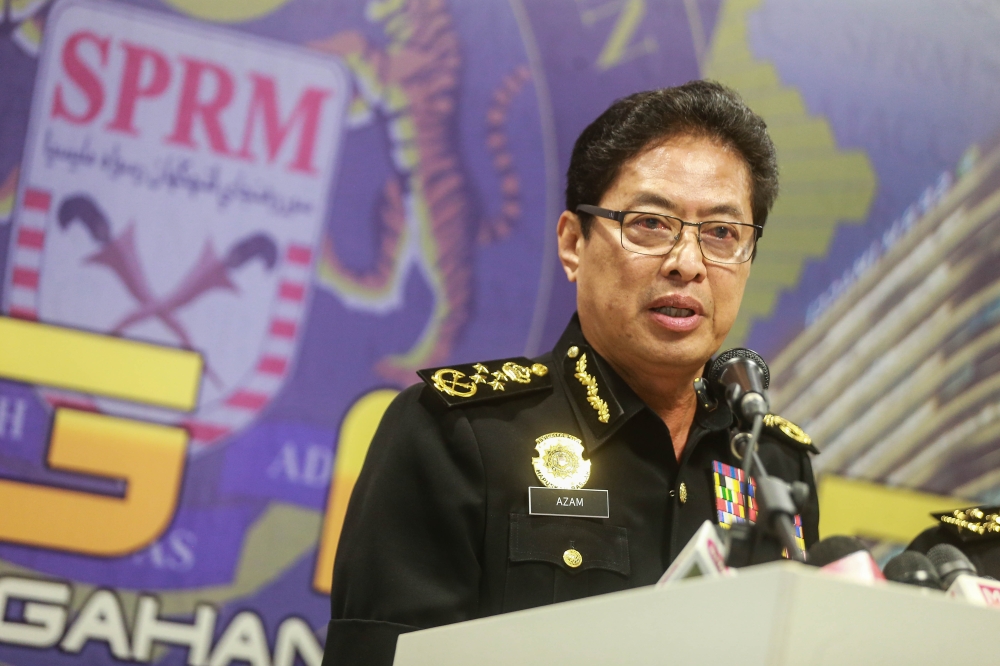
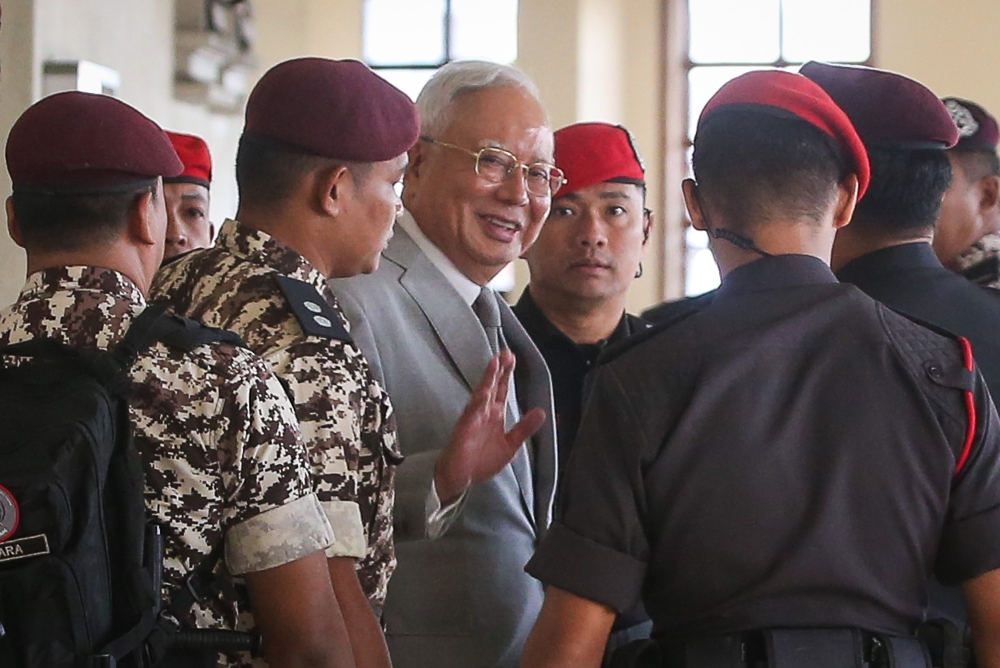

.jpg)
